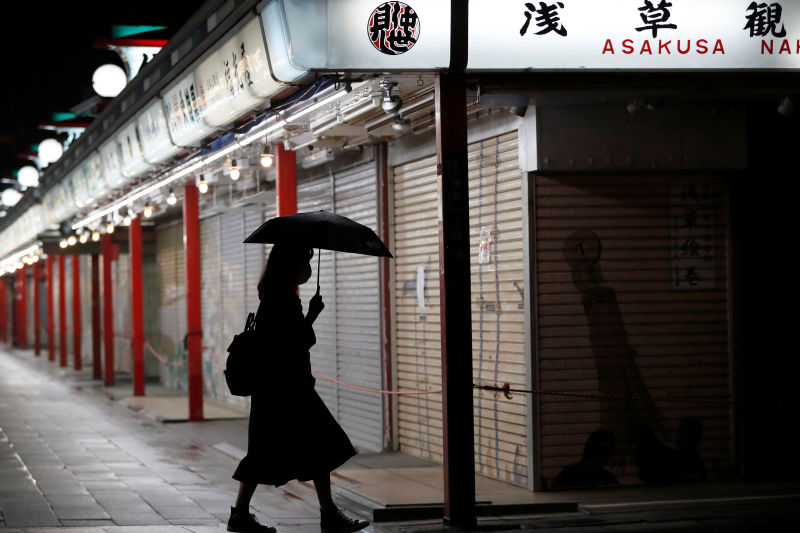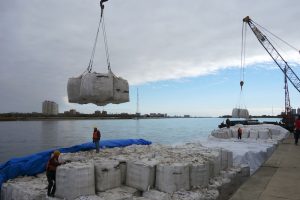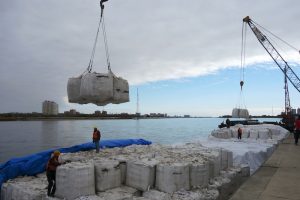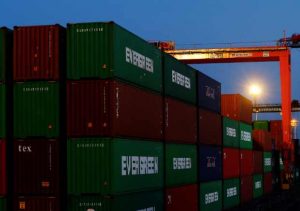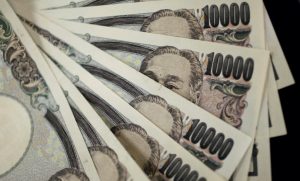Japan ran its biggest trade deficit in a single month in eight years in January as high energy costs swelled imports and manufacturers struggled with global supply constraints, causing a decline in car shipments.
The growing trade deficit highlights the world’s third-largest economy’s vulnerability to soaring commodity costs and slowing demand from giant neighbour China.
Imports soared 39.6% year-on-year in January to hit a record high in terms of their value in yen, coming to 8.5231 trillion yen ($73.81 billion), Ministry of Finance data showed on Thursday, above a median market forecast for a 37.1% increase.
That greatly outstripped a 9.6% rise in exports in the year to January, bringing the trade balance to a deficit of 2.1911 trillion yen, its biggest in a single month since January 2014.
The deficit was much bigger than the median estimate for a 1.607 trillion yen shortfall.
“Exports tend to go down in January due to seasonal factors as factory operation rates are usually low due to New Year holidays,” said Takumi Tsunoda, senior economist at Shinkin Central Bank Research Institute.
“So it’s easy for the trade balance to go in the red in the month, but the deficit was still large, even when taking that into account.”
A big factor in the deficit was a decline in car exports, said Tsunoda, which swung into contraction from an expansion in the previous month.
Manufacturers including Toyota Motor and Suzuki Motor have been forced to temporarily close some plants after facing supply chain disruptions and pressure from a record surge in Covid-19 infections at home.
Imports were pushed up by surging incoming shipments of petroleum, coal and liquefied natural gas.
- Reuters, with additional editing by George Russell
READ MORE:
TSMC Japan Chip Factory Plan Expanded As Denso Takes Stake
Japan Rebounds on Solid Spending, Omicron Clouds Outlook
Japan to Divert LNG to Europe as Backup for Russian Supply




